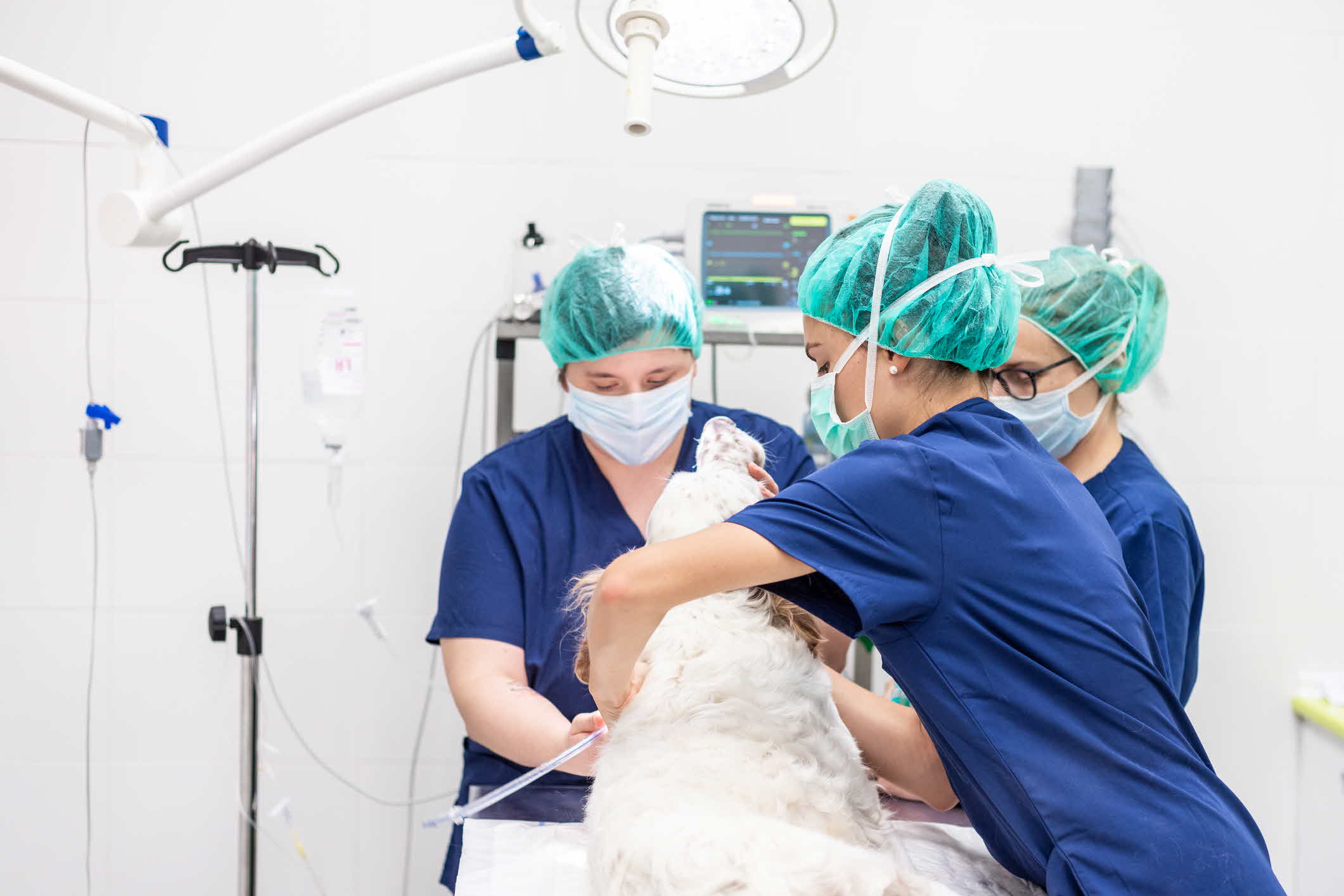
The cost of veterinary services can be a concern for some people. Here we explain why the provision of veterinary health care costs what it does.
There is no Medicare for animals
When considering the cost of veterinary care, it is important to remember that there is no Medicare for pets. The cost of human health care in Australia is heavily subsidised by the government. Medicare covers all of the cost of public hospital services. It also covers some, or all, of the cost of other health services. These can include services provided by GPs and medical specialists. The other important part of Medicare, for which there is no animal equivalent, is the Pharmaceutical Benefits Scheme (PBS). The PBS makes many prescription medicines cheaper for humans.
The cost of running a veterinary practice
In order to operate sustainably, veterinary practices need to run like a business. Like any business, there is significant cost involved in providing the infrastructure needed to provide quality veterinary care, including salaries for veterinary team members; the cost of expensive equipment and medicines; and the overheads of running the premises and the vehicles. These costs make up the bulk of the fee that you pay when you visit your veterinarian.
A good veterinary practice will also make regular, costly investments in the continued education and training of their team, and new technology, in order to provide your pet with the most up to date, quality veterinary care.
Advances in veterinary care
Veterinary health care advances in the same way as human health care, and just as the provision of human health care is expensive, so is the provision of veterinary care. With continual advances in techniques and treatments, pets are able to live much longer than they used to. Conditions which were once untreatable, sometimes requiring euthanasia, are now treatable. Whilst we are all extremely grateful for the advances, we must remember that this increased level of technology, skill and therapeutic options, comes with cost.
Getting an idea of the cost of treatment
Before your veterinarian begins undertaking tests to determine the cause of your animals’ problem, or before they commence treatment, they should give you an estimate of cost. This will allow you to make an informed decision. Please keep in mind that the estimate is just that – an ‘estimate’. It is not possible for your veterinarian to provide you with an exact cost, as it is often not possible to determine the full nature and extent of the condition until the treatment is underway. There is also the possibility, as in human medicine, of complications arising. This is simply the way it goes – both with people and with animals.
Veterinary Fees can vary
Many people wonder why the cost of veterinary care differs between practices. Just as there is marked variability in the cost of human health care (which is masked by Medicare), this is also the case for veterinary care. The reasons for the difference in costs between veterinary practices is because every practice is different and will have a different set of overheads for all the reasons given above. The cost of running a practice also differs depending on the area in which it is located - this includes associated costs of real estate and the ability to attract staff to those areas. Variability may also be due to the level of expertise involved, the equipment, facilities and consumable items required.
If you have a concern
If you are unhappy with the service that either you or your pet has received, then the first step is to speak with your veterinarian. Many problems arise because of a lack of communication or a misunderstanding. An honest discussion at this level is often enough to effectively resolve the issue. If you still have concerns, you should ask to speak with the practice owner.
About the AVA
The AVA is the peak professional body representing veterinarians in Australia for over 100 years. We support our members to fulfill their roles for the benefit of animals and the wider community.
